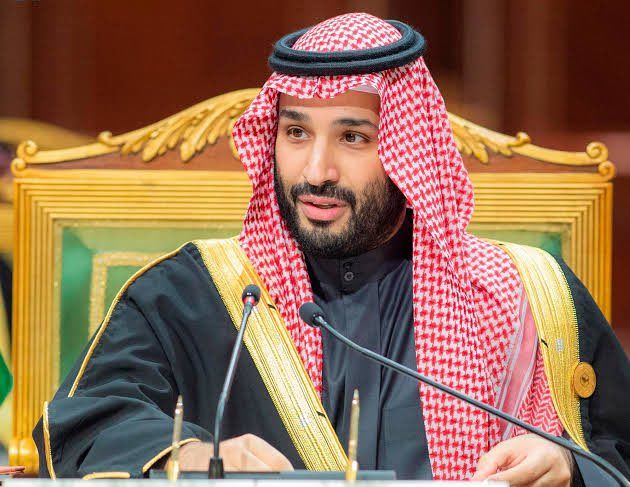Saudi Crown Prince Mohammed bin Salman on Thursday received a phone call from Russian President Vladimir Putin, who offered to mediate discussions between Moscow and Kyiv as Russia pursues its invasion of Ukraine.
Also read: US announces new sanctions on Russian oligarchs. Here is the list
In a statement carried Thursday on the state-run Saudi Press Agency, Bin Salman said his country supports “efforts that lead to a political solution that leads to its end and achieves security and stability, and that the Kingdom is ready to make efforts to mediate between all parties.”
He also addressed energy worries over the situation in Ukraine, confirming his country’s commitment to the OPEC+ agreement, a partnership forged by ten major crude oil producers and Russia to progressively increase oil production to satisfy market demand.
Saudi Arabia, which counts Russia as its main partner in the OPEC+ alliance, said Tuesday it “supports international de-escalation efforts in Ukraine.”
Also read: Ukraine crisis: Over 10 million people may flee their homes, UN estimates
“It was stated with satisfaction that the OPEC Plus member countries are consistently fulfilling their obligations, contributing to ensuring stability in the world oil market. Russia and Saudi Arabia will continue to coordinate their approaches within this format,” the callout read according to Kremlin.
“Taking into account the anti-Russian sanctions imposed by a number of Western countries, Vladimir Putin emphasized the inadmissibility of politicizing the issues of global energy supply, and also outlined the fundamental approaches of the Russian side in the context of the ongoing special military operation to protect Donbass,” the readout said.
So far, Russian oil has not been directly hit by the West’s crippling sanctions against Moscow. In fact, the US and Europe have gone out of their way to avoid a conflict with Russia’s fossil fuels.
Also read: Ukraine asks FIFA to postpone World Cup playoff against Scotland
When it comes to Russian oil, though, the market is not taking any chances. Traders, shippers, insurance companies, and banks are reluctant to deal with it for fear of violating Western sanctions.
This means that a significant amount of Russian oil has essentially been sidelined, which is exactly what the West did not want to happen. Oil and fuel prices have risen.
Speaking to Andy Lipow, president of consulting firm Lipow Oil Associates, said, “The sanctions have led to a de facto ban on Russian oil.”







